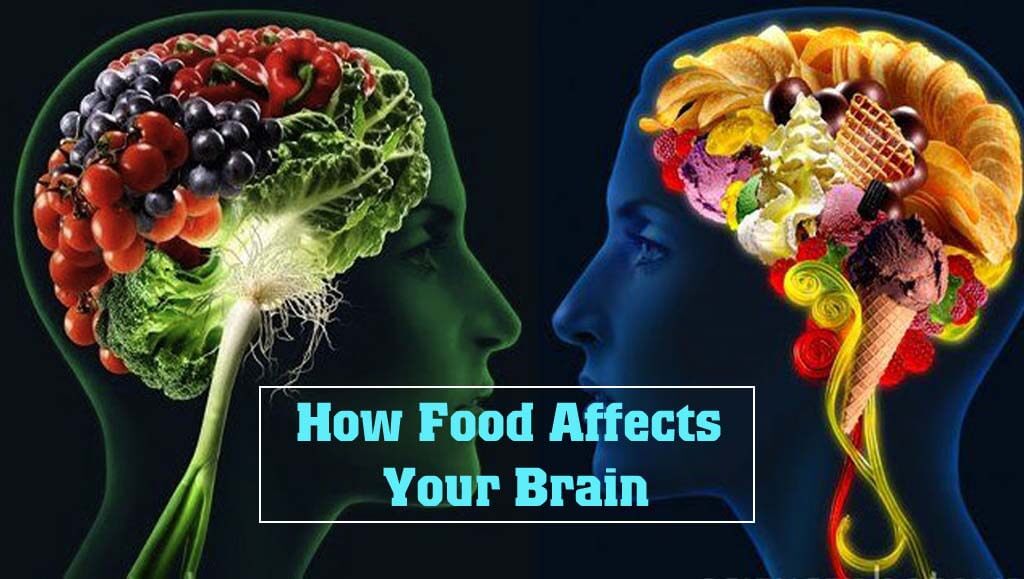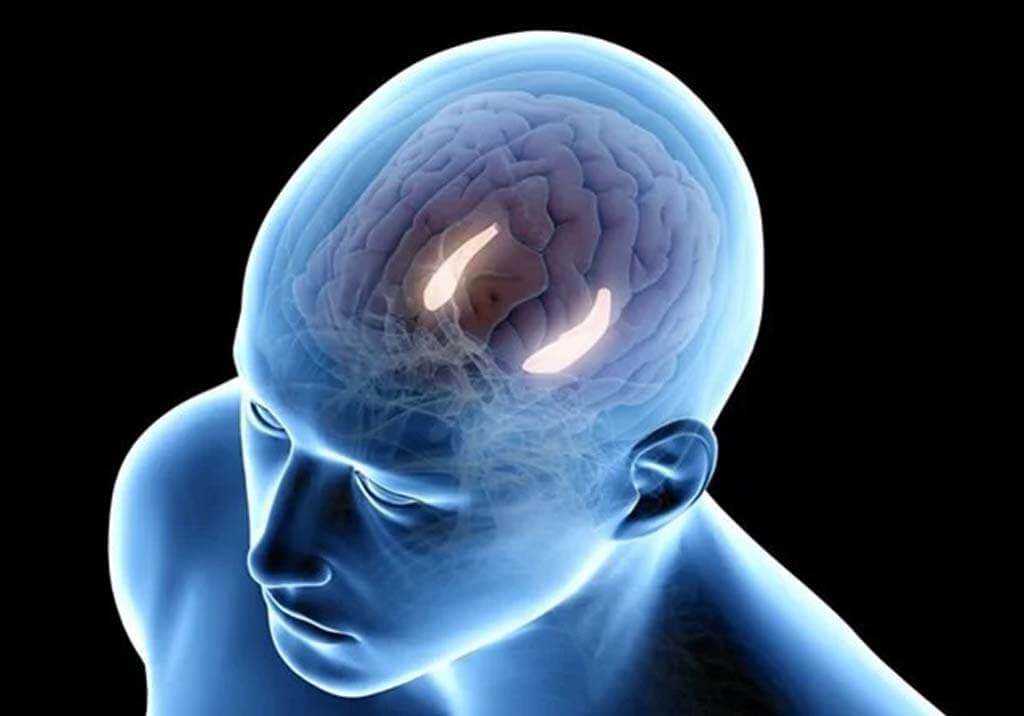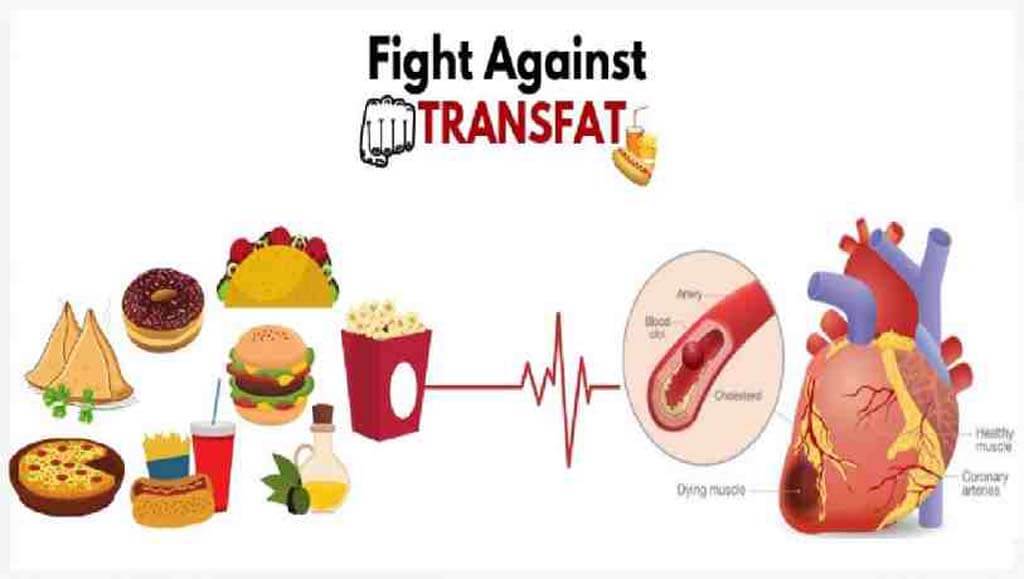How does food affects your brain function? Well, it is highly dependent on the fuel it receives from the foods you eat. Your brain needs high-quality fuel. Foods high in vitamins and minerals will feed it, while foods high in antioxidants will protect it from oxidative stress.
Oxidative stress refers to the imbalance of antioxidants and free radicals, this imbalance can lead to cell and tissue damage. When you feed your brain the right fuel, it will work at its highest potential.
Inflammation of the Hippocampus
Studies have shown that chronic overfeeding in early life causes a neuroinflammatory response in the brain, which leads to impaired memory and other problems in adulthood. Inflammation of the brain is associated with age and a poor diet can alter metabolic and endocannabinoid systems, impairing reasoning abilities. A high-fat diet also reduces DHA levels in the brain, making it vulnerable to age-related declines in memory and learning.
Serotonin Production
You might be wondering how food affects serotonin production. Fortunately, there are many things you can do to boost serotonin production naturally, a good rule of thumb is to eat more complex carbohydrates. These foods have multiple sugar molecules bonded together.
Because they take longer to break down, they result in a slower spike in blood sugar. This helps serotonin levels remain stable. Eating complex carbohydrates also increases serotonin levels naturally, which is important for a happy mood.
Neurotransmitter Production
The human brain uses the amino acid tryptophan to produce serotonin, the neurotransmitter responsible for feeling happy. Foods high in tryptophan include soybeans, watercress, and leafy green vegetables.
However, meats contain tryptophan, but it’s not converted to serotonin efficiently. That’s because tryptophan competes with other amino acids for entry into the brain. High-protein meals increase the production of other amino acids in the bloodstream, which may inhibit tryptophan’s entry into the brain.
Processed Grains
We’ve all heard that whole grains are better for our brains. The reason for that is that they are complex carbohydrates, which break down in the body more slowly and release sugars gradually.
High sugar intake is linked to accelerated cognitive decline, and the brain is particularly susceptible to damage. Pre-packaged oatmeal isn’t as healthy as steel-cut oats. But whole grains are the key to a healthy brain.
Trans Fats
Researchers have recently found a link between trans fats and dementia. These fats are industrially produced and can be found in foods such as partially hydrogenated vegetable oils. They also occur naturally in meat and dairy products. In the United States, they were banned in 2018 and 2019.
Stress
The way you eat can have profound effects on your brain and overall health. It can increase or decrease your stress hormones and reduce your natural killer cells. Moreover, excess cortisol in your body encourages the storage of visceral belly fat and drains it to the liver.
In addition, stress-induced adrenaline increases your heart rate and blood pressure. The long-term effects of chronic stress may lead to irregular heart rhythms, muscle pain, and even acid reflux.
Maybe you also like:



